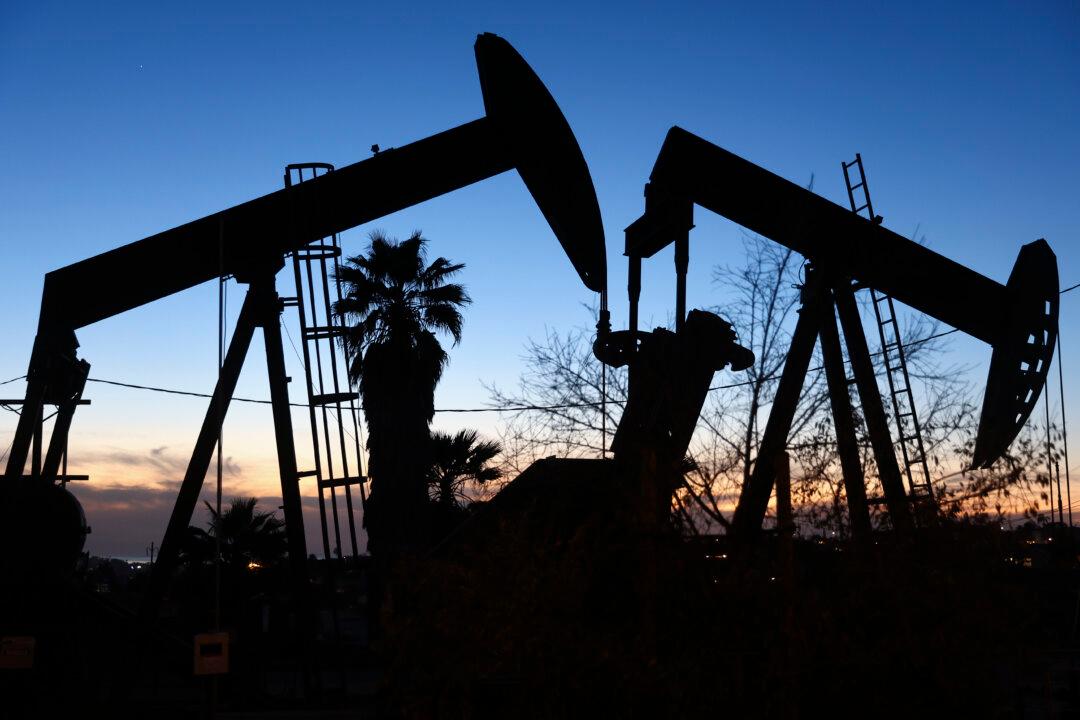The first secretarial order issued by Chris Wright, secretary of energy, is a nine-point action plan to solve what President Donald Trump has deemed a national energy emergency brought on by the Green New Deal.
Wright ordered a reversal of the pursuit of a “net-zero carbon future,” which was a key objective of the previous administration’s energy department.





